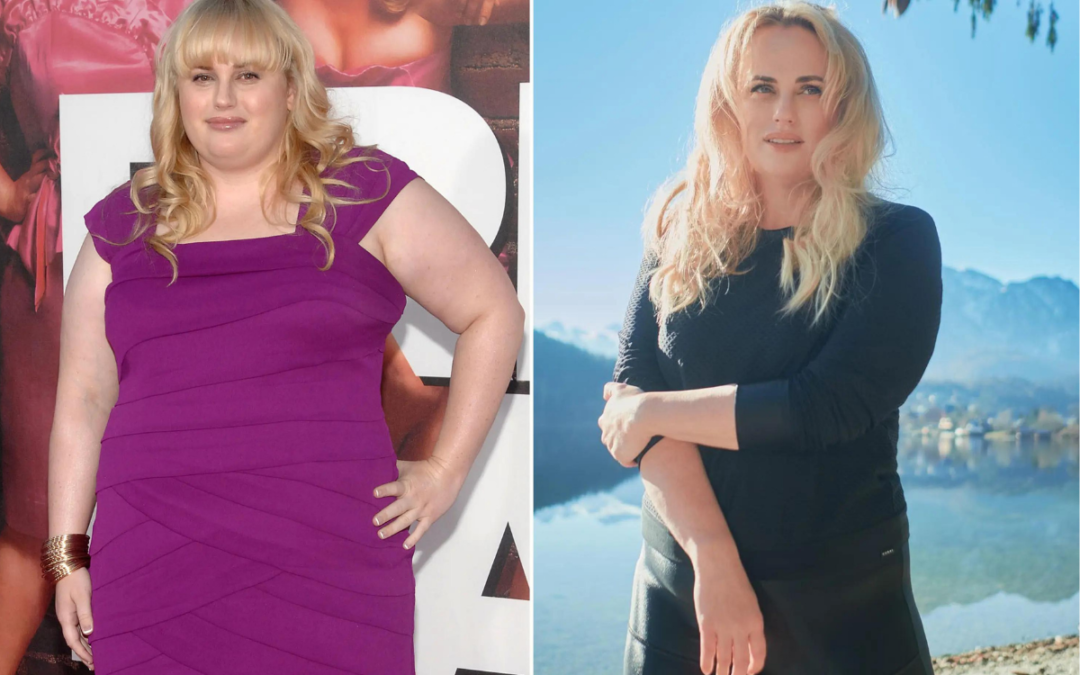In a recent BBC Breakfast interview Rebel Wilson talks about her 2020 weight loss journey and how she used to numb her emotions with food.
It’s so good to hear an A-list celebrity talking about this issue as so many women suffer from it. In fact it’s estimated that around 1.44 million women in the UK have an eating disorder and that doesn’t just mean anorexia. Eating disorders include binge eating and emotional eating too.
Eating disorders have the highest mortality rate of any mental illness – two in ten sufferers die prematurely.
And that’s the thing. It IS a mental health issue. But it’s not seen by many as such.
So to have a Hollywood star talk about how she…”…knew deep down inside that some of the emotional eating behaviours I was doing were not healthy. I did not need a tub of ice cream every night - that was me numbing my emotions by using food which wasn’t the healthiest thing.” is fundamental in helping get rid of the guilt and shame that women feel with this issue.
Nobody gets up in the morning and thinks “I know what I’ll do, I’ll stuff myself silly with tons of chocolate, make myself feel sick then hate myself afterwards”, they just don’t.
It IS an addiction that sufferers feel powerless to stop.
The drivers of emotional eating and binge eating are similar to those of any addiction – low self-esteem, depression, self-loathing. And these feelings get even worse with a weight problem because of the stigma involved that these people can ‘Just stop eating’. If it was that simple we wouldn’t have an obesity crisis in the UK!
So, well done Rebel Wilson for highlighting this issue. Let’s stop with the shame and humiliation and treat this problem as the mental health issue that it really is. Let’s start thinking about how we can help people improve their self-esteem and all the things that drive the behaviour in the first place and support not ridicule.
Around 1.6 million people in the UK have an eating disorder. 90% of them are female and most develop in adolescence. Eating disorders have the highest mortality rate of any mental illness – two in ten sufferers die prematurely.
Speaking to BBC Breakfast, she said: “I got a lot of push back from my own team, actually, here in Hollywood, when I said, ‘OK I’m going to do this year of health, I feel like I’m really going to physically transform and change my life’ and they were, like, ‘why? Why would you want to do that?’
“Because I was earning millions of dollars being, you know, the funny fat girl and being that person.”
Wilson went on to explain that although she still felt very confident and loved her body as it was, she knew she had some issues to deal with when it came to food.
She added: “I still felt confident in that, but I knew deep down inside that some of the emotional eating behaviours I was doing were not healthy. I did not need a tub of ice cream every night - that was me numbing my emotions by using food which wasn’t the healthiest thing.”

